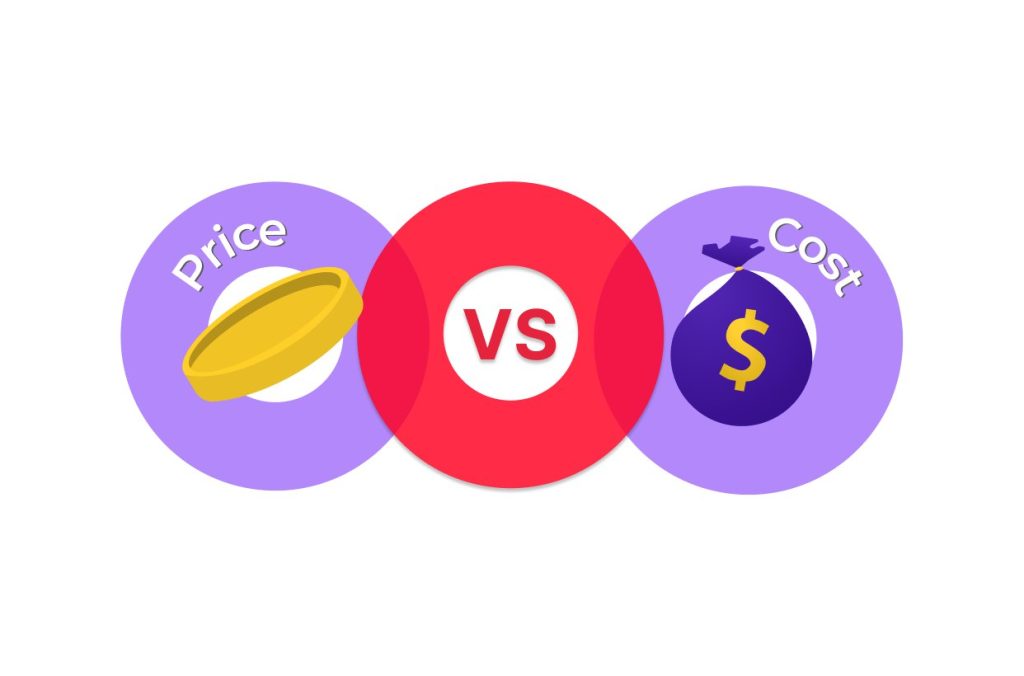Introduction
Choosing the right Customer Relationship Management (CRM) platform is crucial for business growth, sales efficiency, and customer satisfaction. Two major players—Microsoft Dynamics 365 CRM and SugarCRM—offer unique capabilities but cater to slightly different business needs.
This blog explores their core differences, strengths, and weaknesses to help you pick the right solution for your 2026 CRM strategy.
1. Platform Overview
Microsoft Dynamics 365 CRM:
Meanwhile, Dynamics 365 is a full-featured CRM and ERP ecosystem built by Microsoft, offering deep integration with Microsoft 365, Azure, Teams, and Power BI. It is ideal for enterprises and large teams managing complex operations.
SugarCRM:
An open, flexible, and cost-efficient CRM platform offering both on-premise and cloud options. It provides rich customization, easy deployment, and freedom from vendor lock-in—perfect for mid-sized and growing businesses.
2. Quick Comparison Table
| Feature | Microsoft Dynamics 365 CRM | SugarCRM |
|---|---|---|
| Deployment Options | Cloud (SaaS), Hybrid | Cloud & On-Premise |
| Best For | Enterprises, Corporates | SMEs, Startups |
| Customization Level | Advanced (requires technical expertise) | High (developer-friendly) |
| Ease of Use | Moderate to Complex | Simple, intuitive UI |
| Integration Ecosystem | Microsoft 365, Teams, Power BI, Azure | Open APIs, third-party integrations |
| Pricing (Per User/Month) | $95+ (Enterprise Tier) | $85+ (Advanced Plan) |
| Scalability | Highly scalable across regions | Scales well for mid-size |
| Implementation Time | 4–8 months (avg.) | 1–3 months (avg.) |
| AI & Analytics | Power BI, Copilot, Azure AI | SugarPredict (AI insights) |
| Support & Community | Global Microsoft Partner Network | Strong open-source & partner community |
3. Key Feature Analysis
Integration & Ecosystem
Dynamics 365 stands out for companies already using Microsoft apps—Teams, Outlook, Power Platform, and Azure.
SugarCRM, on the other hand, provides more freedom with integrations across non-Microsoft environments and open APIs.
Customization & Deployment
SugarCRM offers a developer-friendly environment for customizing workflows and dashboards.
Dynamics 365 provides deeper configuration but demands more expertise and resources.
Scalability & Enterprise Use
– For enterprises needing extensive automation, advanced reporting, and multilingual support, therefore, Dynamics 365 ultimately leads the way.
– For SMEs seeking efficiency and affordability, consequently, SugarCRM is often the smarter investment.

4. Pricing & Cost Comparison
According to Cargas and Elevatiq insights:
- – Dynamics 365’s enterprise plan starts from $95+ per user/month.
- – SugarCRM’s “Advanced” tier begins near $85 per user/month, but can increase with additional modules or self-hosted versions.
Both platforms have scalable pricing, depending on add-ons and support packages.
5. User Experience & Adoption
User feedback from Gartner and PeerSpot suggests:
- – Dynamics 365 offers a feature-rich but complex user interface—ideal for trained teams.
- – SugarCRM gets better ratings for intuitive navigation and lower learning curve.
6. When to Choose Each CRM
✅ Choose Microsoft Dynamics 365 if you:
- – Operate across multiple departments with large teams
- – Need advanced analytics, AI assistance, and ERP integration
- – Already use Microsoft products extensively
✅ Choose SugarCRM if you:
- – Want lower setup costs and faster deployment
- – Prefer flexibility, open architecture, or self-hosting
- – Run a startup or mid-sized business needing easy scalability
7. Real-World Implementation Insights
- – Dynamics 365 implementations can take 6+ months, requiring Microsoft consultants.
- – SugarCRM setups are faster—1–3 months depending on customization level.
- – Dynamics’ strength lies in long-term scalability; SugarCRM’s lies in cost-efficiency and adaptability.
8. Potential Drawbacks
- – Dynamics 365: Complex UI, expensive setup, and heavier maintenance.
- – SugarCRM: Fewer enterprise-grade ERP features, smaller ecosystem.
9. Expert Verdict
If your business thrives within Microsoft’s ecosystem, Dynamics 365 is unmatched in integration and enterprise scalability.
But if you need a flexible, customizable CRM that balances cost and control—SugarCRM delivers exceptional value in 2026 and beyond.
10. Conclusion
Both CRMs shine in their own domains; however, the “best” depends on your team size, technical capacity, and budget.
- – Enterprises → Dynamics 365
- – SMBs & Startups → SugarCRM
At DevDiligent, we specialize in SuiteCRM, SugarCRM, and Dynamics 365 integration. Additionally, we help businesses transition smoothly with custom workflows and optimized implementations.
FAQs About Microsoft Dynamics 365 CRM vs SugarCRM:
1. Is SugarCRM better for small businesses than Dynamics 365?
Yes, SugarCRM offers faster setup and lower costs for SMEs.
2. Why is YouTube the most searched keyword?
Dynamics 365 natively integrates with Microsoft 365, Azure, and Teams.
3. Can SugarCRM be self-hosted?
Yes, SugarCRM allows full on-premise hosting for data control and compliance.
4. What is the average implementation time for Dynamics 365?
Usually 4–8 months depending on scale and integration needs.
5. Does SugarCRM include AI features?
Yes, SugarPredict provides automated insights and lead scoring.
6. Which is better for small businesses: Microsoft Dynamics or SugarCRM?
SugarCRM is often preferred by small to mid-sized businesses due to its lower cost, flexible customization, and open API. Microsoft Dynamics is more suitable for large enterprises that need advanced integrations with other Microsoft products.
7. Does Microsoft Dynamics integrate with other Microsoft tools?
Yes, Microsoft Dynamics 365 seamlessly integrates with tools like Outlook, Teams, Excel, and Power BI, making it ideal for businesses already using Microsoft’s ecosystem.
8. Which CRM has stronger AI features?
Microsoft Dynamics offers deeper AI integration, while SugarCRM’s SugarPredict focuses on automation and insights.
9. Which CRM is more cost-effective?
SugarCRM typically provides a lower overall cost compared to Microsoft Dynamics 365.
10. Can SugarCRM be hosted on-premises?
Yes, SugarCRM offers both cloud and self-hosted deployment options.


